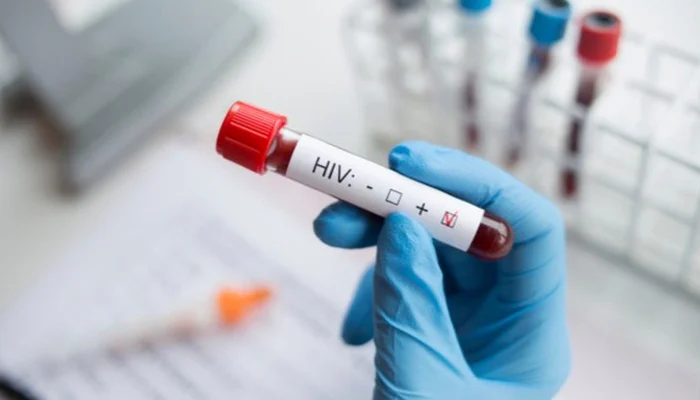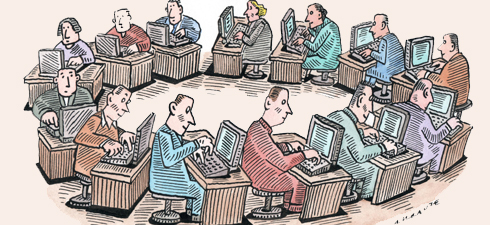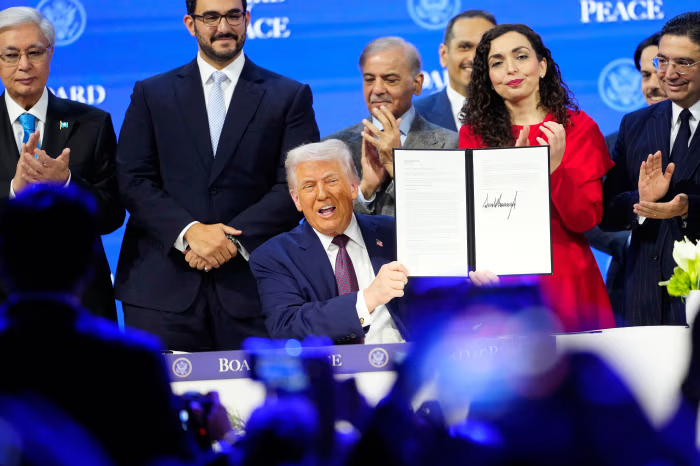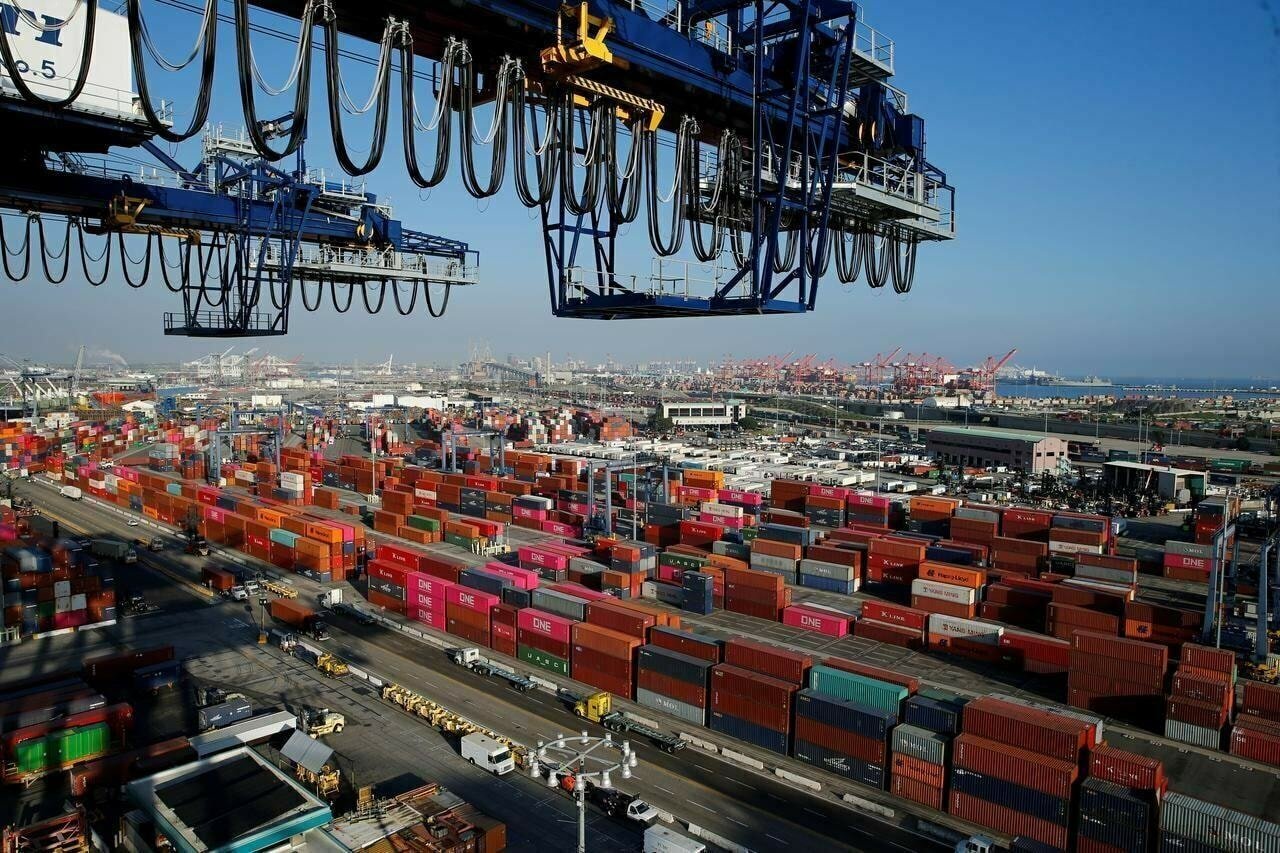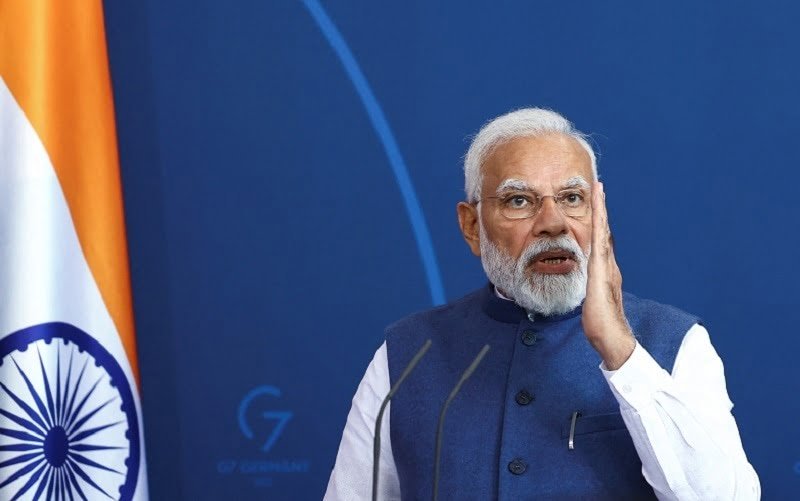Dr. Shabana Safdar Khan
Pakistan is currently facing a severe food crisis that extends far beyond public health, exposing deep-rooted issues of state mismanagement, social apathy, moral decline, and business malpractice. Disturbing incidents of substandard, non-halal, and even donkey meat being sold in cities like Lahore, Faisalabad, Multan, and the federal capital Islamabad have become a persistent concern. These illicit meat trades contaminate not only physical health but also the broader social and religious fabric of the country. The real questions are: why is this crisis happening, who is responsible, and how can it be resolved?
Authorities like the Punjab Food Authority, district administrations, and related agencies conduct sporadic crackdowns—seizing large quantities of donkey meat, discovering freezers stocked with the flesh of dead animals, and arresting those involved in the supply chain. However, these measures are often reactionary and short-lived, serving only as headline news rather than systemic solutions. State responsibility demands that food safety mechanisms be proactive, featuring modern scientific laboratories, independent inspection mechanisms, and swift legal action. Unless these agencies operate autonomously, free from political or financial interference, food safety in Pakistan will remain at risk.
This crisis is not merely a governmental failure; it is a symptom of a wider societal breakdown. Consumer ignorance, disregard for religious values, and a culture of price-over-quality have made non-halal and substandard meat commonplace in markets. When ordinary consumers prioritize cheap prices over the legitimacy and safety of their food, they unwittingly become complicit in this crime. At the same time, there is a lack of social education on the spiritual and ethical dimensions of food. In Islam, halal consumption is a means of spiritual and physical purification, and the prohibition of unlawful meat is not just a legal issue, but a pillar of social order. Yet, when parents buy unverified fast food for their children, when unregulated catering becomes the norm at weddings, and when media trivializes the distinction between halal and haram, society collectively slides into negligence.
The business of selling non-halal meat is a criminal act, motivated purely by financial greed. Some individuals are willing to jeopardize public health by selling the meat of donkeys, dead animals, or diseased livestock just to earn a few extra rupees. This is more than a crime—it is a betrayal of divine commandments, public trust, and consumer rights. The roots of this decline lie in poor religious and moral education, as well as weak law enforcement. Traders who promote themselves as pious but sell unlawful meat are betraying both legal and religious principles. This situation cannot be remedied by police actions alone; the business community must proactively identify and expel such elements from within their ranks. Every civilized society values the safety and quality of its food supply, but in Pakistan, food is too often reduced to questions of taste and price, with halal and nutritious standards routinely ignored. The collapse in food culture reflects a broader civilizational, ethical, and religious decline. Negligence in food choices results not only in physical illnesses but also in social malaise.
Resolving this grave crisis requires a combined effort from the state, society, and individuals. At the government level, food-related laws must be overhauled to mandate strict penalties, and food safety authorities must be granted independence and empowered to enforce regulations. Registration, training, and monitoring systems for all abattoirs, meat sellers, and supply chains should be instituted. A nationwide campaign should be launched to promote religious and ethical awareness regarding food. On the societal level, religious leaders, teachers, parents, and the media must highlight the spiritual, health, and cultural aspects of food. Individually, every citizen should adopt a responsible and cautious approach to their own and their family’s diet, promote home-cooked meals, purchase from certified halal sources, and promptly report any suspicious businesses to the relevant authorities. Only through such comprehensive measures can we lay the foundation for a healthy, ethical, and morally upright society—one in which food nourishes both body and soul.





